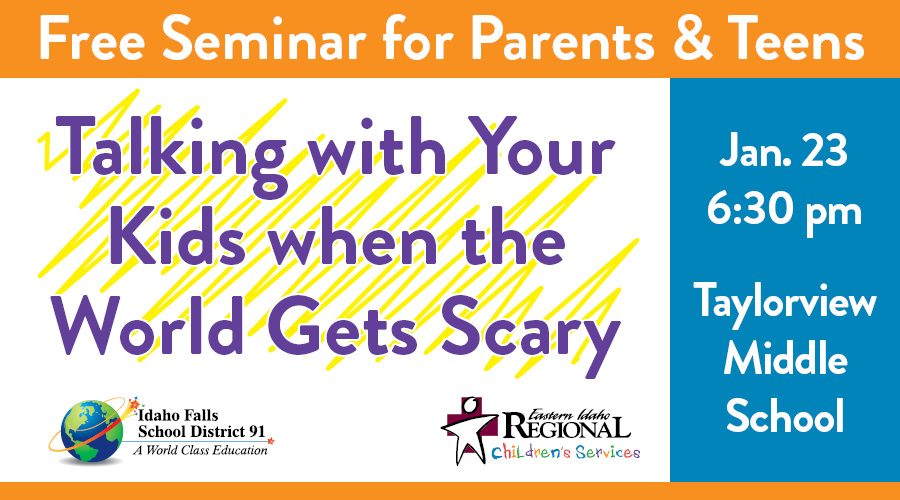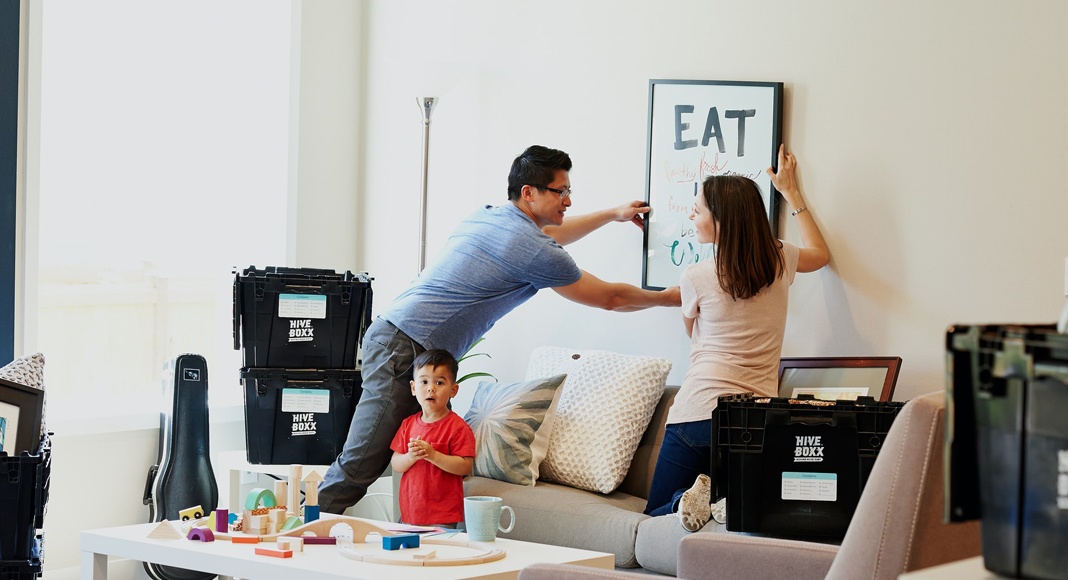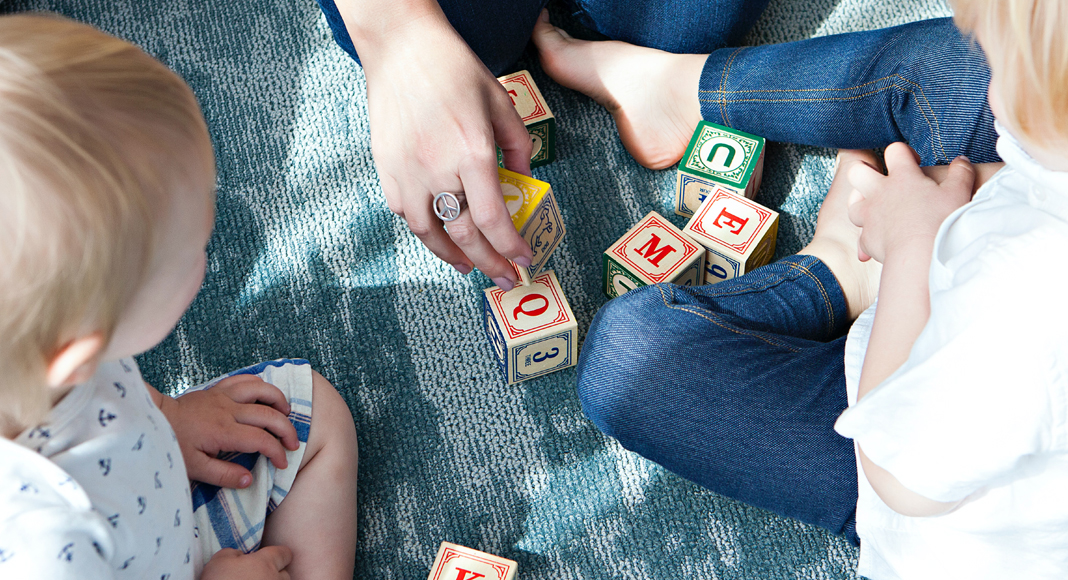How do we talk to our kids about the tough stuff? Traumatic events like mass shootings, terrorist attacks, and natural disasters happen far more often than they should and our kids are aware. As much as we wish we could shield them from these tragedies, the reality is that they see it on TV, they hear it on the radio, they hear from friends, etc. Not only are they exposed to tragedies happening around the world, but traumatic events also happen to OUR kids too. Sometimes these things hit a little close to home.
Whether we are trying to soothe the pain of an experience or help our kids process a tragedy happening across the country, we need some tools. No matter the severity of the event (be it a minor car accident or school shooting), as moms we will think long and hard about the best ways to talk with our kids about these events and help them. Luckily, there are professionals like Richard Palmer, a licensed Professional Counselor, that specialize in counseling kids through the “scary stuff.” And even better for us here in Idaho Falls, he has put together amazing tips and strategies for a full seminar to help us talk with our kids.
Richard Palmer is a Licensed Professional Counselor with the Behavioral Health Center at
EIRMC. Rick has a Bachelor Degree in Music Education from the University of Idaho, and a Master’s Degree in School and Community Counseling from the College of Idaho. Rick has been with BHC for the past five years, and previously worked for the Idaho Youth Ranch and the State of Idaho. He has two children and one son-in-law, and thinks they are the coolest three people you could ever know!
Eastern Idaho Regional Medical Center Children Services and Idaho Falls School District 91 have joined forces to provide a FREE seminar for parents to address this important need.
Our wonderful partnership with EIRMC has given us the privilege of getting a sneak peek at Richard Palmer’s presentation. We are sharing are just a few of the many tips and abundance of information that will be shared at the seminar.

Read these 3 tips to get started but mark your calendars for January 23rd because you won’t want to miss getting this info and more straight from Mr. Palmer.
Our brains (kids’ brains included) are constantly trying to make sense of the world.
It is human nature to want to be in control. So when we do not understand something our brains are working overtime to process and try to make sense of it. Our kids use what they know and their experiences to try and return to a state of normalcy after a tragedy. This process of returning back to a state of normal can be tricky, especially for kids.
Build honest, strong, and supportive relationships with kids.
Kids are smart and have an impeccable ability to read people. We want to have these strong relationships with our kids so we are the first they come to when they are trying to make sense of the “tough stuff” in our world. This seminar will go into detail about 6 ways to build relationships with kids. One is praise. Focus on praising our kids for who they are and not what they have done.
Kids’ response to tragedy evolves with age.
– Younger, school-age children will want to talk and ask questions. Questions may be odd or be asked at weird times, so be prepared for anything! Answer their questions honestly. Having answers to their questions will help them feel more control.
– Middle school-age children will process by talking and acting out situations. Tweens and young teens are social and want to share how they see their world. Allow them to role-play and take action as they process these situations.
– Older teens often want to take initiative. They want to do something. Help them find factual information about the problem as they plan for how they will “take action.”
Learn More!
This is just the tip of the iceberg. Richard Palmer has a wealth of knowledge and experience in working with kids through tragedy and will go into depth on these points and so many more!
After reading through this information, I immediately thought of the tragedies I’ve talked through with my 7-year-old and 9-year-old recently. When I couldn’t pull myself away from the news following the shooting at the music festival in Las Vegas, they asked “why?” When their principal died suddenly in an accident, they worried about their school and classmates. When I explained why we honor the lives lost on 9/11, they asked if we can go see the memorial. I’ve talked through all of these with them in the best way I’ve known, but am so looking forward to learning more about how to best help my kids cope “when the world gets scary.”













